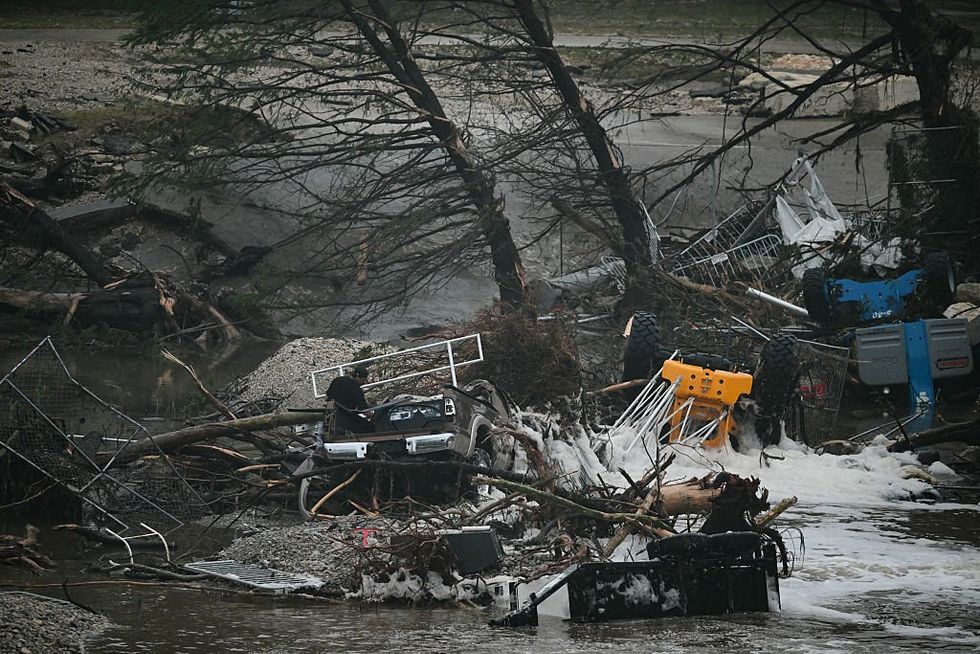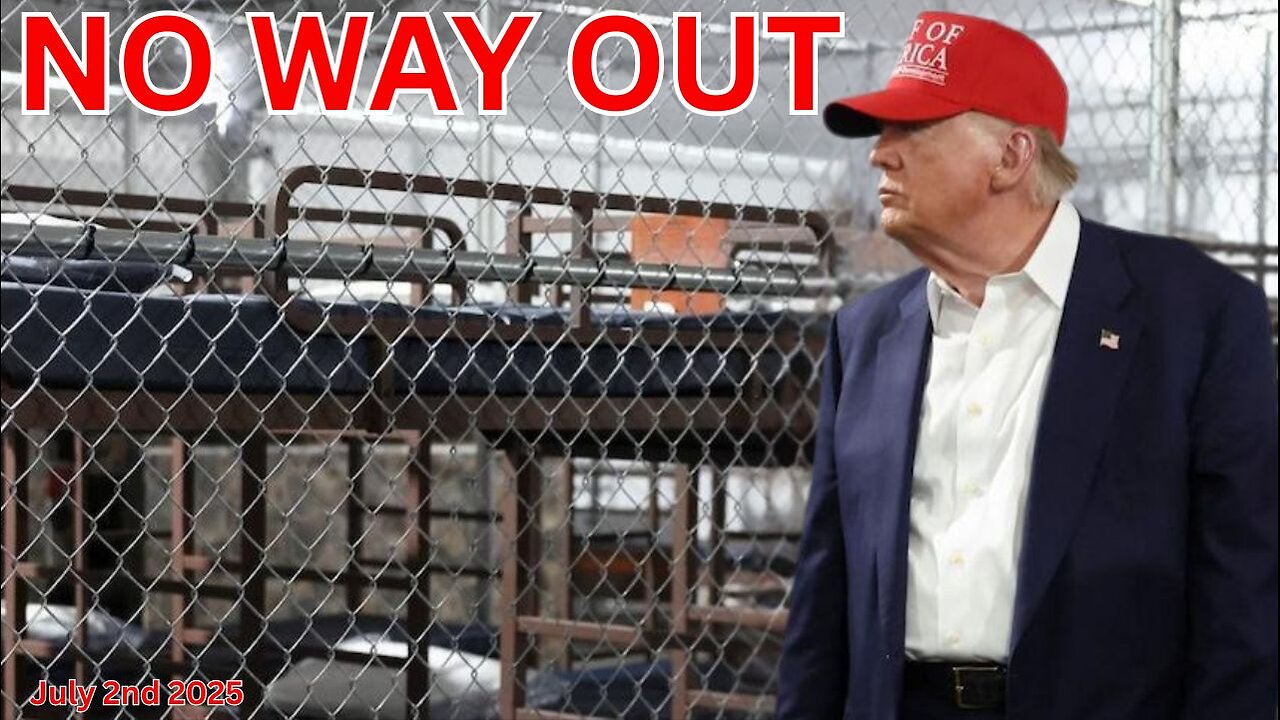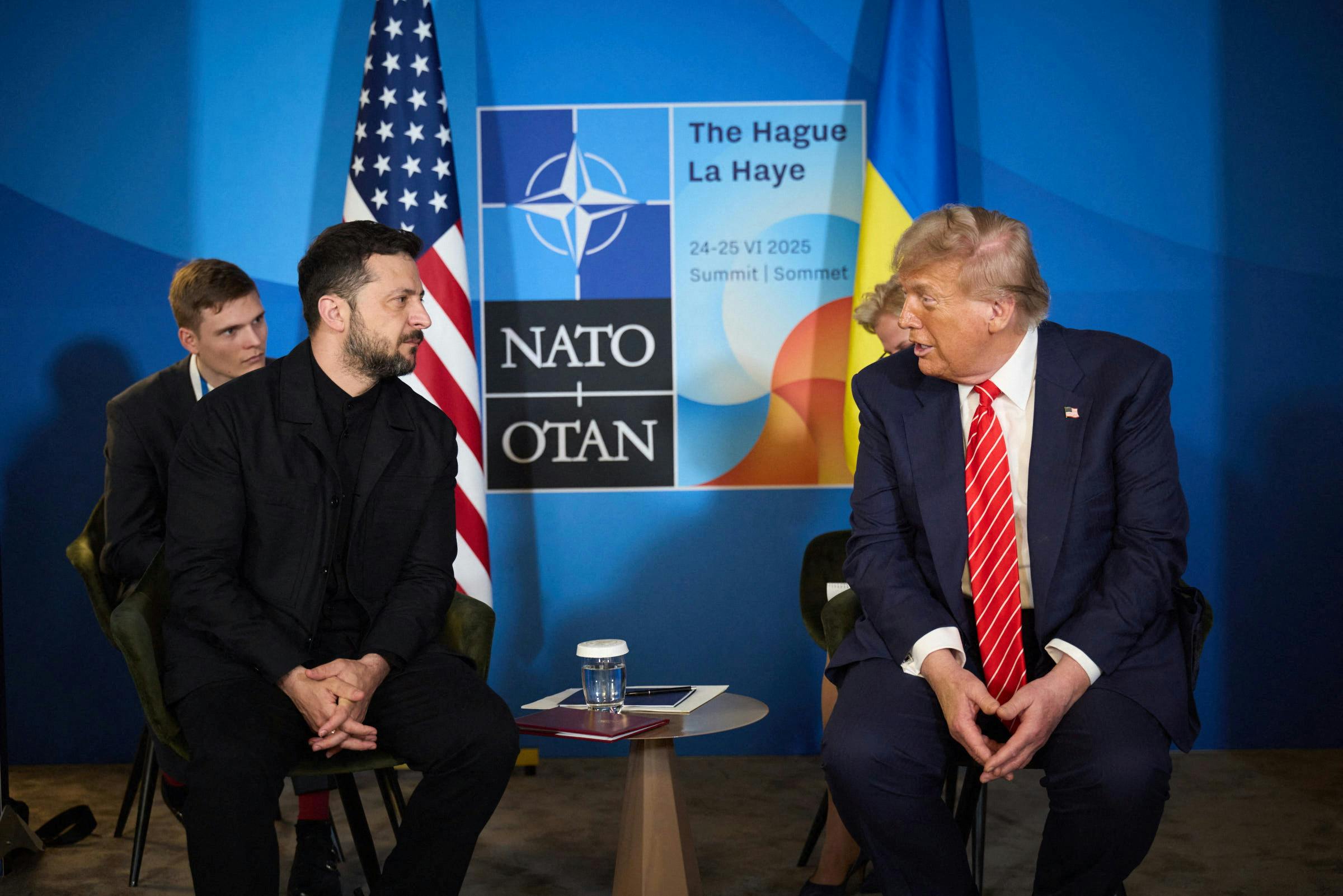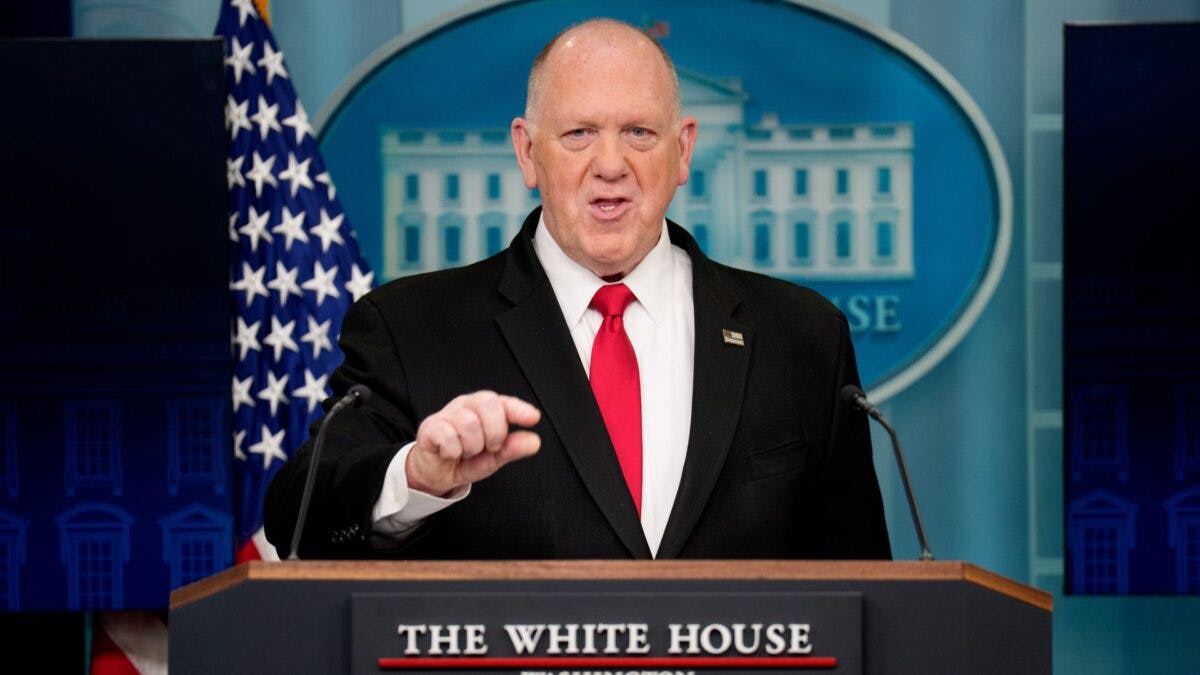‘On the brink of explosion’: A clash is coming in the Middle East



JERUSALEM – It was Bashar al-Assad, the recently-deposed dictator of Syria who once said, “It is difficult for anyone to tell you what is going to happen. [The Middle East] is an area where everything is on the brink of explosion.”
How right he was, and how ironic it was at least partly his own downfall, which provided the most recent catalyst for the region’s dysfunction.
Assad’s country is now seemingly being run by a reformed Islamist terrorist – according to the testament of Ahmed al-Sharaa himself, once better-known by the nom de guerre Abu Muhammad al-Julani.
This allegedly former militant jihadist – now de facto leader of Syria – has even had the $10 million bounty the U.S. government placed upon him removed, as he glad-hands diplomats and ministers from the U.S., Europe, Turkey, as well as Arab states in the Middle East.
It is interesting to note who quickly one can go from being a designated terrorist to a figure with almost immediate international standing.
(1/8) MIDDLE EAST ON FIRE: WHO FIGHTS WHOM?
Several Middle Eastern countries are experiencing escalating conflicts and persistent warfare between neighboring states. pic.twitter.com/Ti74bS5V6A
— Sputnik (@SputnikInt) December 13, 2024
The main benefactors in this seismic shift have unquestionably been Turkey and Qatar. In the short term, Israel has also taken advantage of the situation – most spectacularly in the extensive airstrikes, which took out the remnants of the Syrian army’s heavy weaponry, as well as planes and helicopters.
It dealt with a large component of Assad’s highly-developed chemical weapons program, although not all of it, and the IDF pushed into the Syrian Golan Heights to prevent such a strategic vantage-point falling into the hands of genocidal enemies.
Where Turkey has so visibly succeeded, the Iranian foreign policy of the last four-and-a-half decades seems to be lying in tatters. Not that the Islamic Republic’s supreme leader Ayatollah Khamanei would admit to such a thing. He took to X to argue both that the Islamic Republic has no proxies, and additionally the State of Israel has by no means won the war Hamas started on Oct. 7, 2023.
However, although the facts on the ground show Israel certainly has not won this ongoing war, Iran’s strategy – having been decimated on contact with the enemy – is in urgent need of reappraisal and overhaul. The recent loss of Syria, especially Damascus airport, which it was using as a major resupply route for Hezbollah necessitates pivoting to developing another air bridge for men and materiel.
There is a possibility Beirut airport could be selected, although this would likely put it on a direct path to significant escalation with Israel, which would consider such an action a very clear break in the delicately holding ceasefire agreement with Hezbollah.
Islamic Republic of #Iran doesn’t have proxy forces. If we decide to take action [against enemy] one day, we don’t need proxy forces.
— Khamenei.ir (@khamenei_ir) December 22, 2024
Also, just listing all the countries which have a stake in the region, shows how confused the situation is. It also helps to explain why there are both opportunities and grave causes for concern, whether regarding tentative alliances or perhaps more likely – a growing enmity between opponents, in particular the Sunni behemoth with hegemonic intentions, Turkey, set against Iran.
In addition to them, Israel, Syria itself, Lebanon, Jordan, Iraq, Yemen, Saudi Arabia, and Qatar are also in this Middle Eastern mix. This is to say nothing about the United States, Russia, and the European Union, which need to define their roles in a region where the post-First and Second World War order is rapidly crumbling.
Perhaps it’s possible to think of the situation in this region as akin to what occurred in Central Europe prior to the outbreak of the First World War. Empires were falling apart and local nationalisms were bubbling to the surface. All it took was a small(ish) spark to set the world on fire – namely the assassination of Archduke Ferdinand in Sarajevo in 1914. Was Oct. 7 the 21st century’s equivalent?
Israel almost certain to strike Yemen and/or Iran
One part of this puzzle which seems inevitably to see an uptick in action is Israel’s response to the increasing frequency of Houthi ballistic missile attacks aimed at Tel Aviv.
The patience of both Israel’s leadership and the public at large is being sorely tested by the Iranian proxy abutting the Red Sea, and the time seems rapidly approaching for a significant Israeli response.
Indeed, Israel’s Prime Minister Benjamin Netanyahu said the IDF would deal with the Houthis in a similar manner to Hezbollah: “Just as we acted forcefully against the terrorist arm of Iran’s axis of evil, so we will act against the Houthis.”
There is also a sense – shared by U.S. officials – of alarm at how difficult it is to dissuade what is often dismissively termed a rag-tag terrorist group. Far from it. There has been a great deal of surprise at the Houthis’ use of advanced weaponry.
Israel utilized its excellent intelligence-gathering on Hezbollah – no doubt augmented by agents on the ground – to carry out its operations. The Houthis are an altogether different prospect, as Israel prioritized more immediate threats on its borders than the Iranian proxy some 1,500 miles away. Can Israel take out the Houthi leadership as it did with Hezbollah? At the moment this is an open question.
Will Israel strike directly at Iran, as the mullahs in Tehran seem to fear, especially since the IAF took out the country’s air defense systems? It’s possible. In a way, the fact the Islamic Republic is defensively naked in this way, could make it even more unpredictable. A lot is up for grabs, and the ensuing months – particularly following Trump’s return to the White House – will certainly concentrate minds.
What's Your Reaction?
 Like
0
Like
0
 Dislike
0
Dislike
0
 Love
0
Love
0
 Funny
0
Funny
0
 Angry
0
Angry
0
 Sad
0
Sad
0
 Wow
0
Wow
0












































































